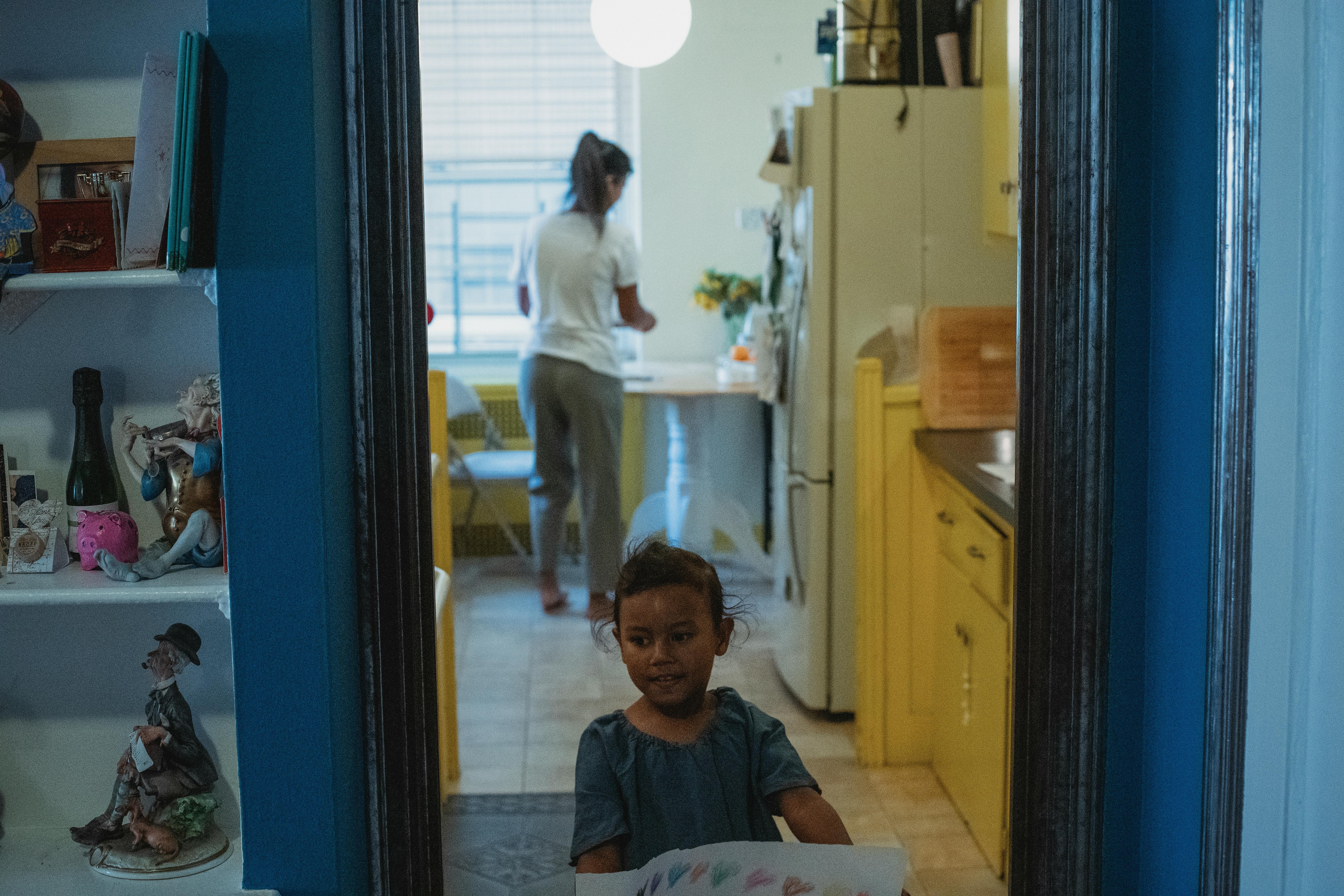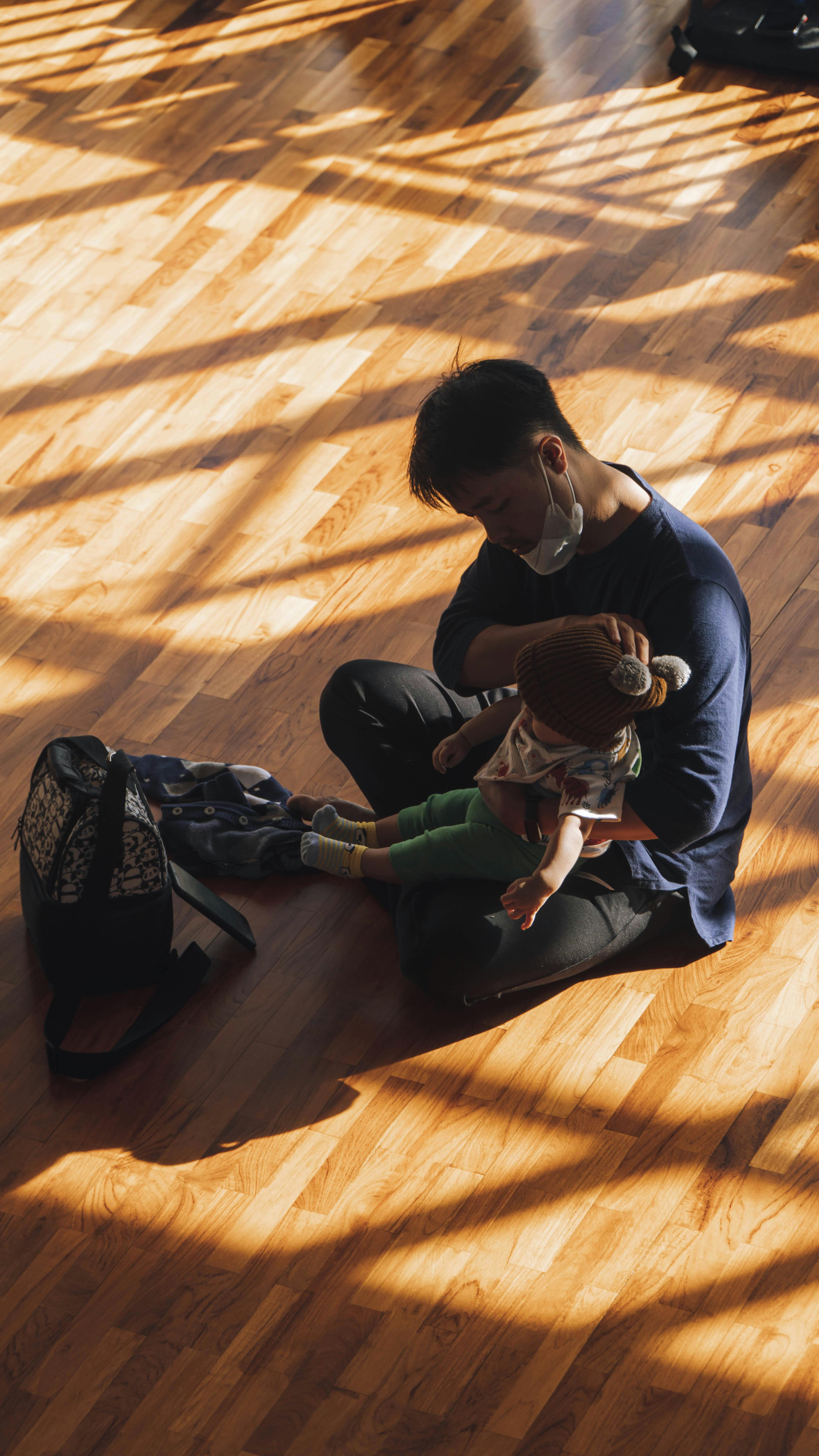Table of Contents
Supervision and Alertness
One of the most important aspects of babysitting is proper supervision. Always keep a close eye on the children you are watching, especially younger children who may be more prone to accidents. Make sure to stay alert and attentive at all times, avoiding distractions such as phone calls or texting. It’s important to actively engage with the children and be aware of their activities and whereabouts.
Set clear boundaries and rules for the children to follow, such as staying within a certain area of the house or not opening the front door. Establishing these guidelines can help prevent accidents and keep the children safe. Additionally, be sure to familiarize yourself with any potential hazards in the home, such as cleaning supplies or sharp objects, and take steps to prevent the children from accessing them.
On-Demand Childcare in Your Neighborhood
Book a Sitter
Emergency Preparedness
As a babysitter, you must be prepared for any emergency situation that may arise. Make sure you know how to contact emergency services in case of a medical emergency, and keep a list of important phone numbers, such as the parents’ contact information, nearby relatives, and poison control, readily available. It’s also a good idea to have a first aid kit on hand with basic supplies like bandages, antiseptic wipes, and adhesive tape.
Take the time to familiarize yourself with the home’s layout, including the location of emergency exits, fire extinguishers, and smoke detectors. In the event of a fire or other emergency, remain calm and help the children evacuate the home safely. Practice fire drills with the children so they know what to do in case of a real emergency.
Childproofing
Childproofing the home is essential to creating a safe environment for the children in your care. Take the time to assess the home for potential hazards and make necessary adjustments to prevent accidents. Secure outlets with outlet covers, install safety gates at the tops and bottoms of stairs, and keep small objects out of reach of young children to prevent choking hazards.

Ensure that furniture is stable and anchored to the wall to prevent tip-overs, and remove any dangling cords or blind strings that could pose a strangulation risk. Keep medications and toxic substances locked away in a secure location, and never leave children unattended in the bathtub or near water. By taking these precautions, you can help reduce the risk of accidents and injuries in the home.
Safe Sleep Practices
When putting children to bed, it’s important to follow safe sleep practices to reduce the risk of Sudden Infant Death Syndrome (SIDS) and other sleep-related accidents. Infants should be placed on their backs to sleep, on a firm mattress with no pillows, blankets, or other soft bedding. Make sure the crib meets current safety standards and has a snug-fitting mattress and sheet.
For older children, ensure that their sleeping environment is free of hazards such as loose cords, toys, or blankets that could pose a suffocation risk. Check on the children periodically while they are sleeping to ensure they are safe and comfortable.
By following these guidelines, you can help promote safe and restful sleep for the children in your care.
Fire Safety
Fire safety is a critical aspect of babysitting, as fires can pose a serious threat to the safety of the children in your care. Make sure to have a fire escape plan in place and review it with the children so they know what to do in case of a fire. Practice crawling low to the ground to avoid smoke inhalation, and teach the children how to test doorknobs for heat before opening them.
Ensure that smoke detectors are installed on every level of the home and test them regularly to ensure they are working properly. Keep a fire extinguisher in the kitchen and know how to use it in case of a small fire. In the event of a fire, get the children to safety first and then call 911 for help. By being prepared and proactive about fire safety, you can help protect the children in your care from harm.
In conclusion, babysitting comes with a great deal of responsibility, and it is essential to prioritize the safety of the children in your care. By following these top 10 safety tips, you can help ensure that the children have a safe and enjoyable experience while you are watching them. Remember to stay alert, be prepared for emergencies, childproof the home, practice safe sleep practices, and prioritize fire safety. With the right knowledge and preparation, you can be a successful and trusted babysitter who keeps the children safe at all times.










